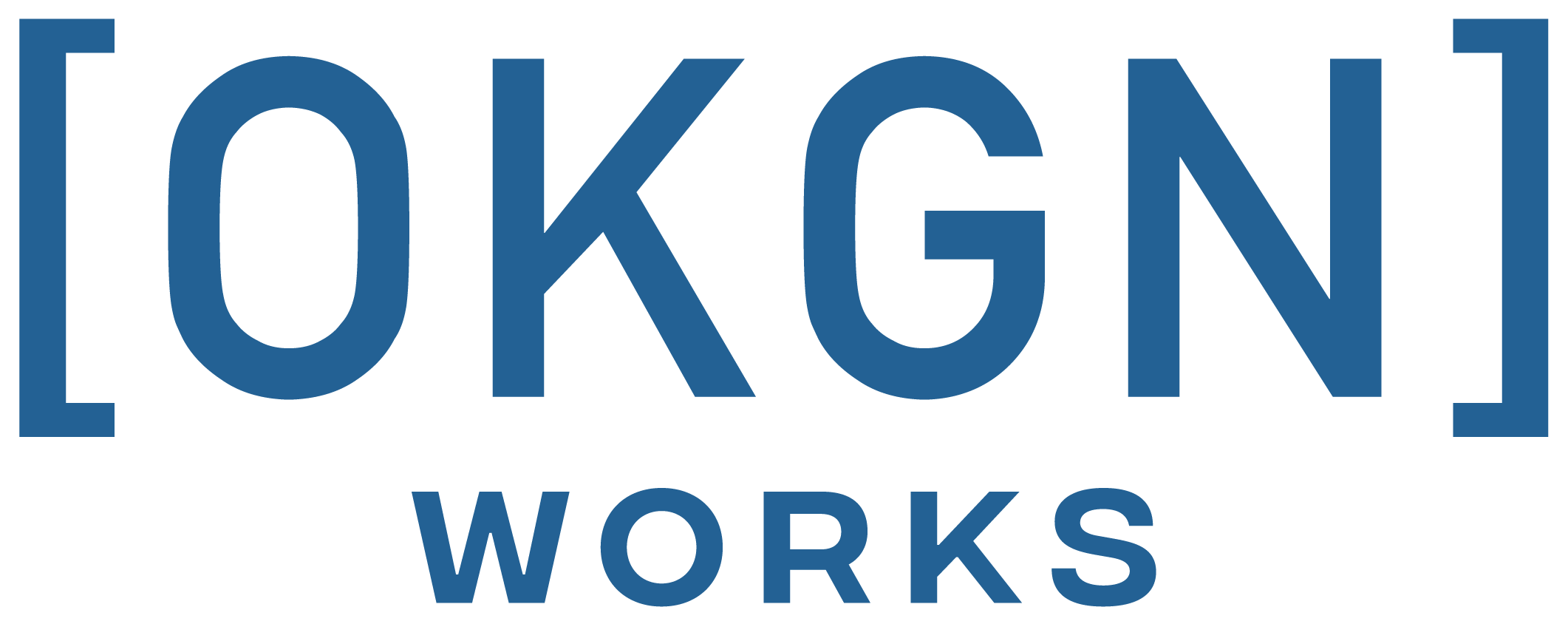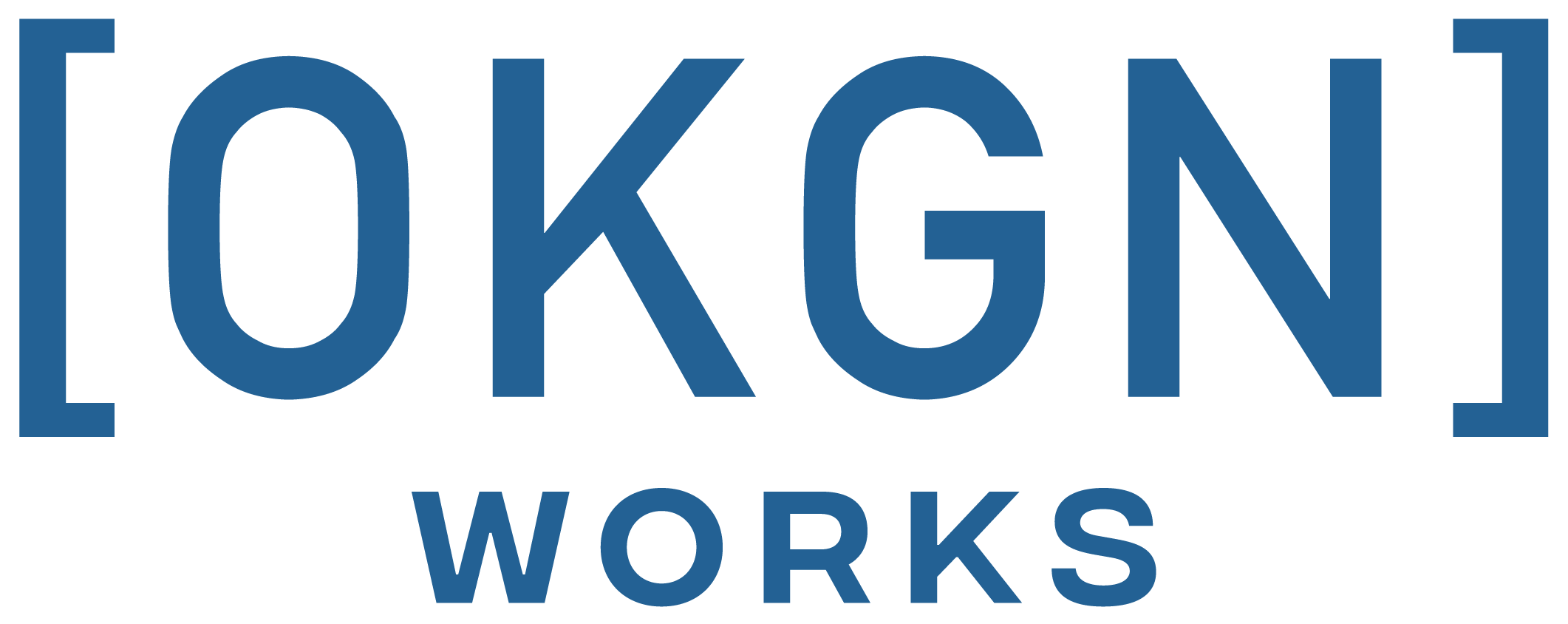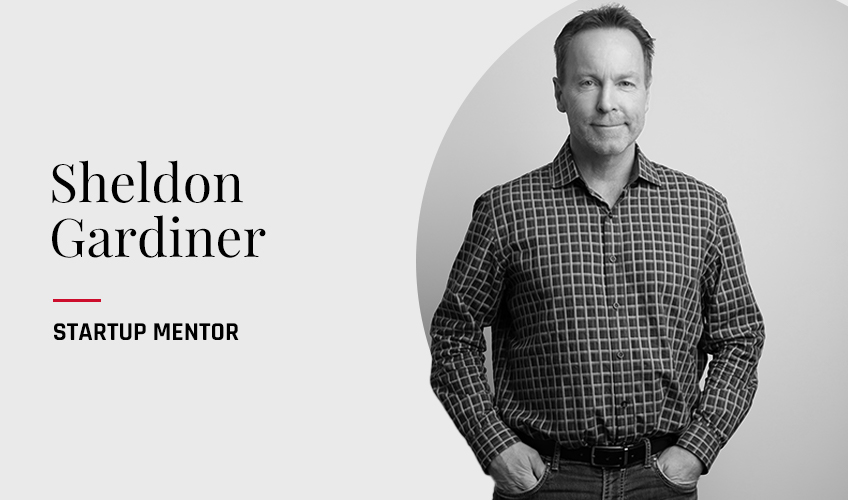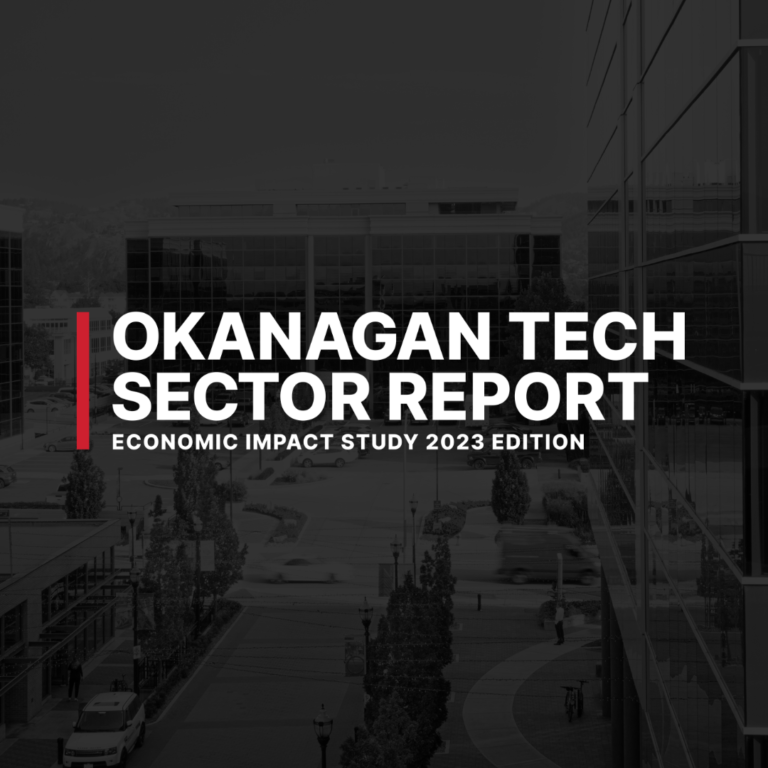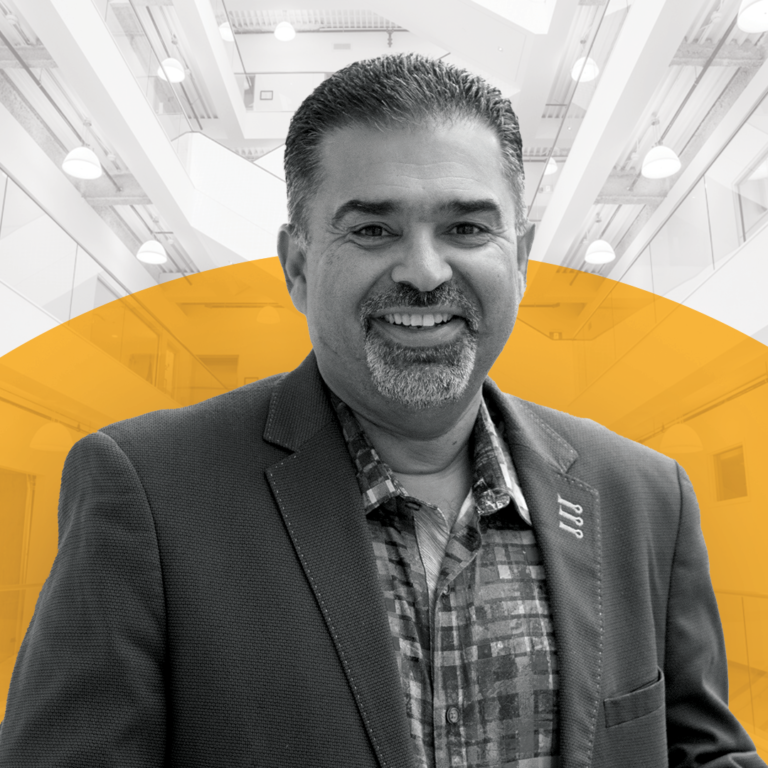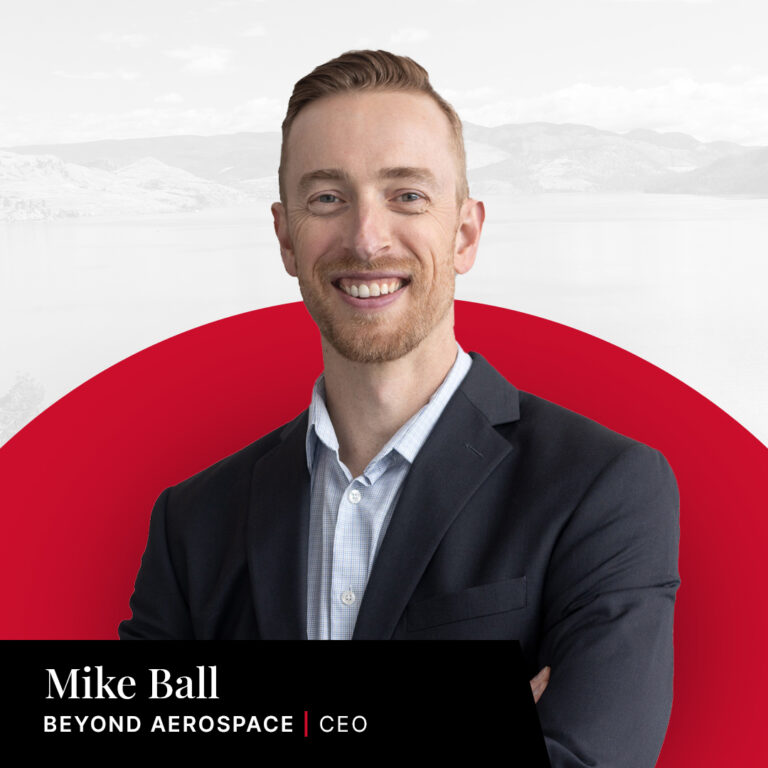Our Startup programs are designed to help business owners who are ready to take their business to market. We do this through peer-to-peer engagements, one-on-one business coaching, and entrepreneurial training and resources with industry-expert mentors.
What makes our mentors so qualified? They’ve been there. They’ve lived through the challenges, thrived in success and learned from their experiences.
We recently caught up with one of our mentors, Sheldon Gardiner, to find out more about what makes him uniquely qualified.

REFLECTING ON INSPIRATION
Early on in my career, working in places like Saskatoon, Calgary, Kelowna and Sarnia, I had a variety of startups in gas, tech, real estate development and private equity. Money was always the metric I used to define success. Earnings, revenue, growth and number of customers were all anyone would talk about. But, as you get older, you reflect on your companies and realize that employee happiness, culture and building a purpose-driven company are just as important.
I was really inspired by social entrepreneurs who were making the world a better place but also turning a profit. Their companies were built to drive a mission and to make an impact. That’s what I wanted to dedicate myself to. That’s what made me want to start Okanagan Changemakers and Do Some Good. You’re a happier person when you get to work for a company that has a mission you can relate to. In a way, it’s purely selfish—you want to be happy about where you work.

PITFALLS OF PURPOSE
Working in traditional startups and for-purpose startups are very similar. By running your for-purpose company no different than you would another business, you can create growth and sustainability. I’ve made the mistake of chasing the mission too much and it affects the company’s operations and profits. You also run the risk of burn out which is a common risk of being a social entrepreneur. They’re so passionate about their mission that they push themselves too hard and forget to take some time away for themselves. That can happen with other entrepreneurs, but it’s most noticeable with social entrepreneurs. Mental health is really important as a founder. If you’re burnt out, your motivation and determination will fall away. It’s difficult to grow a business like that.
You need to surround yourself with people who are believers. You need that support if you’re going to be an entrepreneur. If you have family, friends or spouses that are nay-sayers it can really impact your commitment. But, you need to be realistic with your ideas. As much as we teach about growing a business operationally, we mentor on the emotional side too. It’s really intense growing a business and mental health is just as important as customer discovery, financials, or business models.

COMMITMENT TO LEARNING
Now when I work with startup companies, I provide a lot of expertise in business development, but the best lessons I can give is walking them through my mistakes. I’ve made mistakes in every aspect of business—marketing, finance, HR, all of them. You will no doubt make your own mistakes, but there are shortcuts you can take and leaning on people who have experience, who have been-there-done-that, is invaluable. Learning from other’s mistakes can help your startup move along a more efficient path to success, but mistakes are part of the journey.
Connect with Sheldon or meet our other Startup EiRs. Learn more about Accelerate Okanagan’s Startup program.
Looking for more startup stories?
Seeing Potential with Andrew Klingel >>
